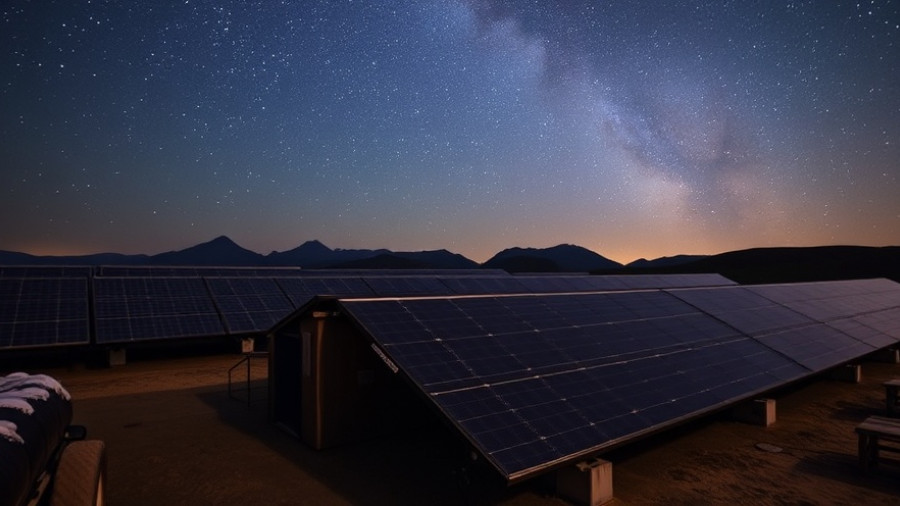
A Day for Democracy: The Impact of No Kings Day
On October 18, 2025, communities across the United States and beyond rallied under a common banner: No Kings Day, a moment to affirm democratic values amidst rising authority-driven anxieties. The atmosphere was vibrant and passionate, as citizens gathered peacefully, exchanging stories and expressing hopes for a fair and just American dream. Unlike the chaotic portrayals often associated with protests, those who participated in the No Kings Day protests were ordinary Americans — mothers, fathers, teachers, and working professionals who voiced their love for their country and their desire for a government that represents all.
Understanding the No Kings Coalition
The No Kings movement, described as a response to perceived authoritarianism and the erosion of democratic principles under the Trump administration, echoed across many locations. From influential cities like New York and Los Angeles to smaller gatherings in rural areas, protests called for equality, justice, and respect for the rule of law. As reported by various news outlets, millions of participants shared a unified message: the need to resist fascism and defend democracy. Each protest was filled with colorful banners, musical celebrations, and an air of hope that defied common misconceptions of protest as mere anger or chaos.
The Real Face of Protests
Witnessing the demonstrations firsthand, journalist Steve Hanley emphasized the friendly and civil tone among participants in Vero Beach, Florida. His observations highlighted the stark contrast to the often aggressive depictions of political dissent. In reality, the rally featured spirited discussions, humorous costumes, and heartfelt expressions of community solidarity, marking a significant departure from the narrative promoted by certain political factions that label dissenters as extremists. Participants were not the caricatured “antifa” and “Marxists” used to discredit protests; they were united by a desire for a better America.
Why This Movement Matters
As noted in coverage from PBS News, the enormous scale of turnout for No Kings Day is indicative of a growing discontent with political norms that many Americans feel are increasingly authoritarian. This dissatisfaction stems from various issues, from immigration policies to freedom of the press, and has effectively mobilized individuals from diverse backgrounds. Many attendees articulated their motivations through personal anecdotes, illustrating how these national policies resonate on a local level. For instance, one protestor stated, "I previously held reservations about protests, but recent military actions in major cities have alarmed me as an American citizen. I must raise my voice against this militarization of our communities." Such sentiments were echoed widely throughout the protests.
Resisting Narratives and Embracing Community
The narrative of the No Kings Day movement is strong, pushing back against the characterization of protestors as undermining America. Organizers and members insist that their gatherings are rooted in love for the country, not hatred. They respond to criticism with the assertion that exercising the right to protest is one of the very foundations of American democracy. It creates a platform for individuals to express their concerns in a constructive, unified manner.
As we grow more accustomed to political turmoil and fracture, the message from events like No Kings Day encourages all citizens to engage, participate, and stand for what they believe is right. It’s a call not just to those who marched, but to everyone who believes in the power of civic duty and democracy. Listening, learning, and advocating for shared values are crucial in a time when divisions threaten to overshadow progress.
What’s Next for This Movement?
The momentum from No Kings Day rallies could propel more grassroots movements designed to engage communities in meaningful political discourse. Future events promise to not only highlight ongoing concerns but also foster dialogues centered around unity over division. As political discourse remains polarized, it becomes increasingly important to confront challenges collectively. The echoes of No Kings Day will likely resonate in the hearts of those who attended, reminding them that community, democracy, and the power of protest are integral to the American identity.
In this climate of resistance, there’s an invitation to everyone—whether you've taken part in protests before or are considering joining one next time—to engage more deeply with the democratic process. It is only through active participation that we, as a society, can shape the future we wish to see.
 Add Row
Add Row  Add
Add 




Write A Comment